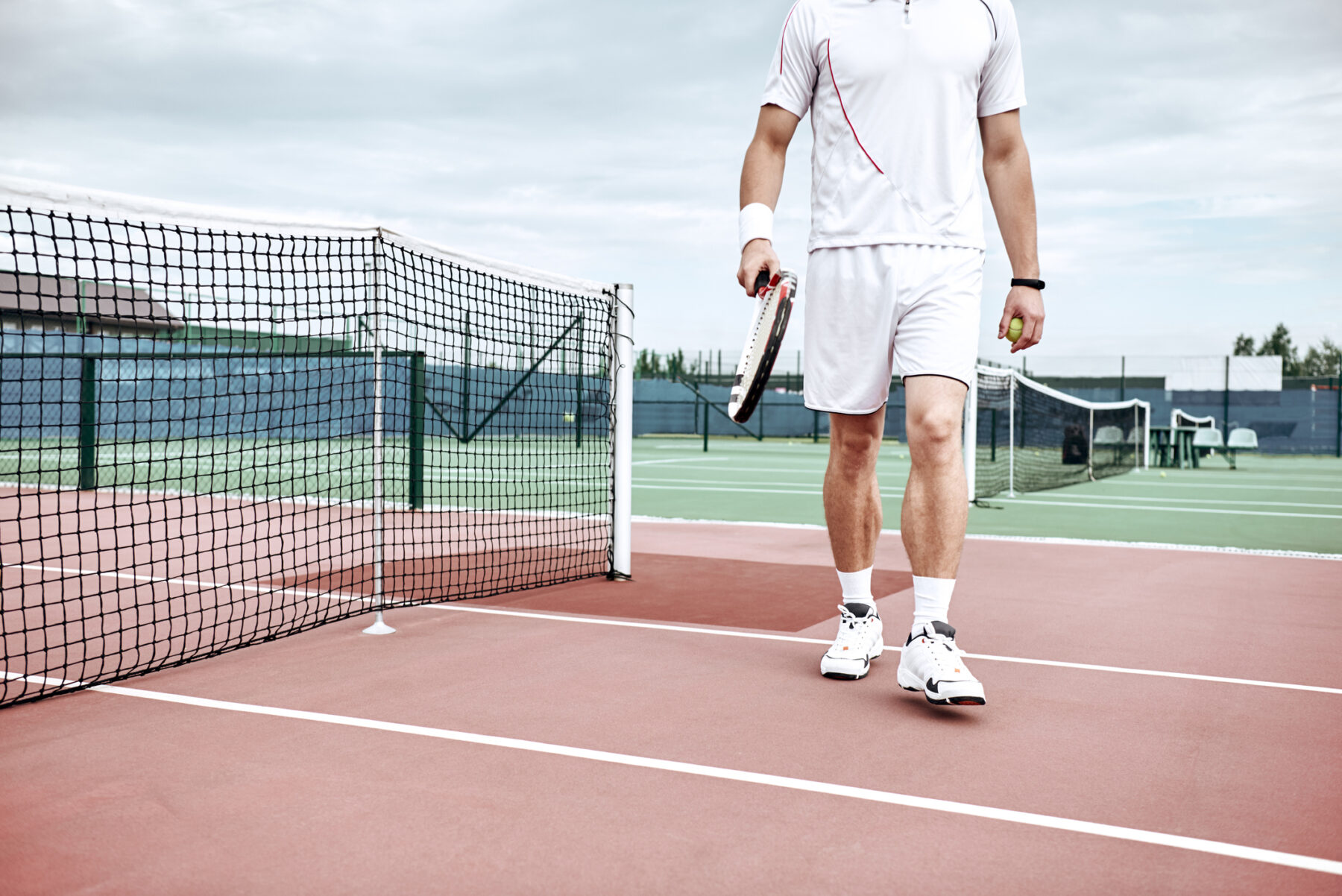Injured But Not Broken
Mental Fitness in the Recovery Process

Injuries are just part of the game. Some can nudge you out of commission for a week or two. Others can send you crawling into surgery, followed by months of rehab. Still others can be career-ending. The reasons we get hurt playing sports are myriad: years of wear and tear on our bodies, overtraining or compulsively exercising, struggling with an eating disorder and restricting necessary fuel, or simply turning our bodies just right to make it all go wrong. As I remind the injured athletes I work with, you can’t get hurt sitting still. If you’re injured, then you were engaged.
The feelings that come when taking time out to recover run the gamut, everything from annoying and frustrating to scary and overwhelming. Not participating in your sport can lead to anxiety, depression, and self-doubts about not returning to the same level of fitness as before. Your identity and self-esteem can take a direct hit, too. Keeping your negative thinking in check and managing your feelings during the healing process are important vitals to monitor as your body and mind recover.
The moment you are injured, you stop being the athlete you just were. What was once challenging and enjoyable has now turned harmful. The strained muscle, the fractured bone, the ruptured tendon all have a cruel way of slamming on the breaks and reminding you that what you had is no more. You are forced to move from what was to what is. The invigorating training, time spent practicing and bonding with your teammates, and the active pursuit of your goals have suddenly stopped. They are shoved into being then. Your new reality? Being forced to face a very unnerving now.
The recovery process can be excruciating, a merging of physical and emotional pain. But healing does occur, both physically and psychologically. If it’s hurting, it’s healing. The process is often more labyrinthine than linear—three steps forward, two steps back, and one step sideways. The whole process takes mental fitness and emotional stamina. Following the recommendations from your medical team is crucial. So is taking care of your mental health. Allow yourself to have your feelings without getting stuck in them. Create a space to have your thoughts without getting attached to them. Remember that feelings are not facts, and thoughts are not always true. The stories we tell ourselves are often a blend of fact and fiction. Pay attention to the difference. And our stories are not just about then and now, not just about what was and what is. They are constantly unfolding into what can be. There is hope.
More than twenty-five years ago, I hung up my tennis racket for good. I hobbled off the court for the last time. Years of running and stopping and twisting and turning on asphalt courts had taken their toll on my knees. An orthopedic surgeon I consulted with told me that he would “go in and l look around” if the exercises he prescribed didn’t work. “Go in?!” “Look around?!” That was well before arthroscopy when knee surgery resembled something from a medieval butcher’s shop. No thanks! It was game, set, match for me. Or so I thought.
Not long ago, a good friend of mine prodded me into playing again. I was anxious. My knees had strengthened over the years, but I had just recovered from a wakeboarding incident that put me in physical therapy for several months because of a ruptured tendon. The absolute last thing I wanted to do was aggravate the old injuries and redo the new one. I could choose to stay anxiously attached to the past, or I could choose to show up and embrace the now. I chose the latter. Granted, my body does not move on the court quite like it did decades ago. And I am getting used to saying “Nice shot!” to my tennis partner rather than always chasing down a well-played ball. I had forgotten just how much at home I felt on the court with racket in hand. Yes, it is different. Accepting one’s limits is humbling. But my body did not forget. Muscles remember and I was able to recapture the flow of the game. I am now enjoying a new relationship with tennis, aged knees and all.
What is the most important aspect of healing from an injury? Acceptance. Accepting what has happened, what has been lost, and what it will take to heal. Accepting that you are still an athlete, still a member of the team, still have something to contribute. Accepting all of the feelings that show up and, most importantly, accepting what things will be like after you have recovered. Acceptance is not for the weak-minded. It does not necessarily mean liking what is or what will be. It can simply be making peace with whatever is now.






